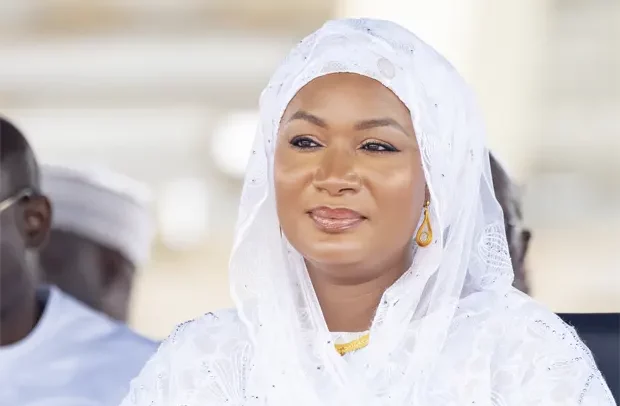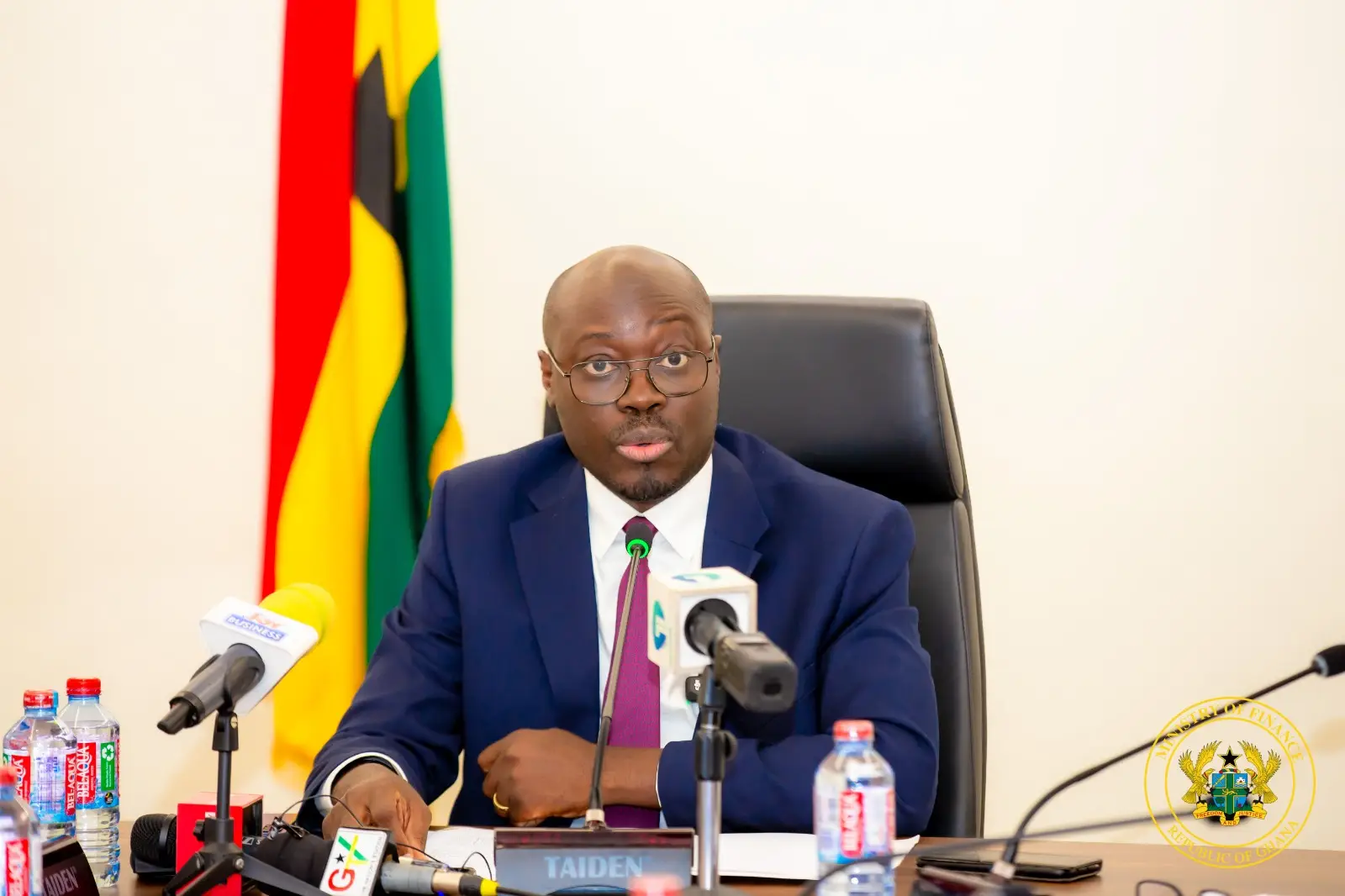
By Ernest KISSIEDU
There appears a clear and present danger for government's quest to revive the fortunes of the economy through agriculture, particularly the 'Planting for Food and Jobs' campaign.
Business Day Ghana's investigations have revealed that some colleges of agriculture, which train middle level manpower such as agricultural extension officers, are suffering from student apathy following their upgrade to tertiary institutions.
Take the case of Ohawu Agric College, which is located at Ohawu-Abor in the Ketu North District of the Volta Region, for instance, senior high school graduates prefer studying at the universities for a degree to taking the college's diploma course.
Yet, the school is able to attract students for certificate courses.
This is beginning to give the Human Resource Development and Management Directorate of the Ministry of Food and Agriculture (MOFA) a headache authorities wonder whether it would have been better to leave the schools as ordinary certificate awarding institutions.
The directorate is in charge of the running and management of Colleges of Agriculture and Farm Training Institutions. These institutions train and engage the services of more agricultural extension workers to assist farmers with essential agricultural practices that would enable them maximize yields.
Upgrade and curricula
There are five agricultural colleges and three agriculture institutes in Ghana currently. The colleges are Kwadaso Agric College, Ejura Agric College, Ohawu Agric College, Damango Agric College and Animal Health and Production College at Pong-Tamale.
Recently, the MOFA has upgraded three of the colleges into tertiary institutions, meaning they are fully accredited to run diploma courses. These are Kwadaso, Ohawu and Pong Tamale.
But Ohawu Agric College, which was founded in 1964, has a peculiar problem.
According to Richard Kow Annobil, deputy Director at the Human Resource Development and Management Directorate of MoFA, the major challenge facing the Ohawu College is with getting the required number of students to study there.
"We have been able to upgrade three to tertiary level. So we are left with two. The handicap is that apart from Kwadaso, Ohawu has challenge with getting students with the requisite qualifications because now the Diploma qualification is just like the University; so the qualification you use to enter Diploma College, you can use the same qualification to enter the University."
"... And many will opt to go to the University. So we have challenge with enrollment in the Diploma programme so Ohawu has not been able to face out the Certificate. They are still doing the Certificate and the enrollments in the Certificate courses are more than the Diploma programmes," he stressed.
The deputy director revealed to Business Day Ghana that the total Diploma population is not more than 100 at Ohawu.
"They are not meeting the entry requirements. Those who meet the requirements, go to Legon, Cape Coast or UDS for a degree instead of going to the Agric Colleges for a Diploma because they all take the same qualifications."
Mr. Annobil believed that facing out the Certificate courses in its entirety will be disastrous to the development of the college.
"If we should face out the Certificates then it means the colleges will be dealing with about 25 or 30 first years, and we can't run a college like that. So we have another window for the Certificate," he asserted.
In general, Mr Anobil described the intake of students into the colleges to be very encouraging. "We have, on the average, around 750 for every year. Kwadaso almost always has about 150 per year whilst veterinary of Tamale also has 180."
Jobs
Since 2009, curricula at the various Colleges of Agriculture have been modernized to take care of changes in the sector.
"Now we are also in the process of reviewing the curriculum because we have an agreement with the Canadians. They have already come to establish their secretariat here and the major thing is to review it to reflect the changing trends; so that we will equip the students with the skills to employ themselves instead of waiting for government," Anobil disclosed.
When asked why students were no longer employed by the government after graduating, Mr. Annobil observed that it was due to financial constraint on the part of government.
"Initially, the numbers were on the low side so government could absorb all of them but now look at the numbers. And the agricultural sector is not expanding the way we expect it; so government cannot over the years absorb everybody.
"What we do now is, we collect the names of those who qualified after graduating from the Agricultural colleges and then we forward them to Youth Employment Agencies - they are the employing bodies. So they will issue their engagement letters. We will not continue to pay them," he added.
For him, Ghana does not have very large scale farming comparable to other countries "so if a farmer is doing 10 metres, then he feels that he can do all by himself instead of employing a technical officer. If we want to improve the agricultural sector, it should be holistic. It cannot be at the doorstep of only the agric colleges. They are doing very well churning out high quality graduates and it ends there."
Mr Anobil described the colleges as very relevant to the development of agriculture in the country. "Without them, there is going to be problems because they are the people with the skills and who work with farmers. If any private individual wants to recruit a technical person, he will not go for a University graduate, because they have the hands-on skills.
"Somebody completes a four-year degree programme and has never planted maize before."
Meanwhile, Mrs. Felicia Boakye-Yiadom, the acting Executive Secretary of the National Council for Curriculum and Assessment at the Ghana Education Service had remarked that the country's agriculture education curriculum was designed to enable students to become self-sustainable.
"However, the number of students offering agriculture courses at the secondary and tertiary levels has been declining annually," she had said at a workshop organised by the School of Agriculture, University of Ghana, in collaboration with the University of Cambridge and the Ghana Education Service and funded by CAPREX and Alborada.
Last month, Minister for Food and Agriculture, Dr. Akoto Owusu-Afriyie had assured students of agricultural colleges that they will not be left out of the government's bid to restore trainee allowances.
Dr. Owusu-Afriyie is spearheading the 'Planting for Food and Jobs' initiative, which is expected to involve the supply of farm resources such as high yielding and improved seedlings to participating farmers.
The government, which recently recruited 1200 graduates of the colleges of agriculture to support the initiative, intends to create more than 750,000 jobs in the agricultural sector.
The programme, according to the government, would also motivate farmers to grow staple foods such as maize, millet, and beans.
It was launched by President Akufo-Addo on April 19, 2017 at Goaso in the Brong Ahafo Region.
Writer's e-mail: [email protected]
Read Full Story


















Facebook
Twitter
Pinterest
Instagram
Google+
YouTube
LinkedIn
RSS